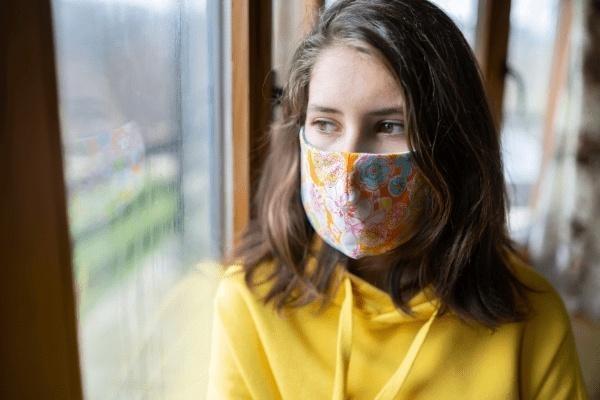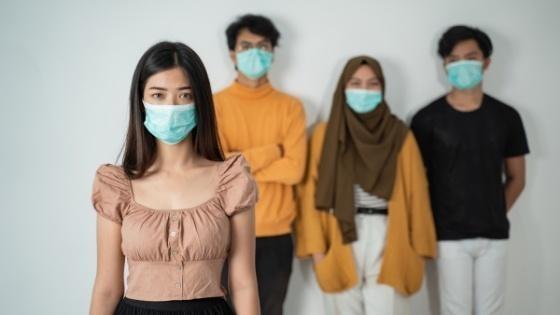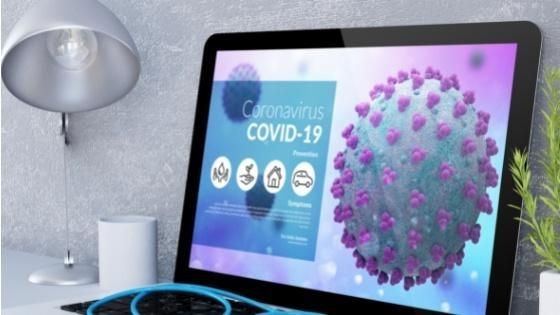In this interview, Dr. Kathryn Krase shares her professional advice on mandated reporting with Ray Barrett, the CEO of the Telehealth Certification Institute. Dr. Krase is a lawyer, social worker, and an expert in preparing professionals for the ethical reporting of suspected child maltreatment. She is the co-author of two books: Child Welfare: Preparing Social Workers for Practice in the Field (2021), and, Mandated Reporting of Child Abuse and Neglect: A Practical Guide for Social Workers (2009). Over the past decade, the main subject of her research and writing has been the disproportionate representation of BIPOC children in reports to child protective services, and the role that bias plays in the making of those reports. As an expert in mandated reporting bias, Dr. Krase examines how bias disproportionately affects families who identify as Black, Indigenous, and People of Color (BIPOC). For example, according to Dr. Krase, 25% of the 4 million yearly reports are made against Black children, while only 15% of the U.S. child population is Black.
Clinical Insights
Resilience, Self-Care, and ‘Battle Buddies’ for Behavioral Health Professionals
A community coming together to rebuild after a devastating tornado; homeless veterans learning to reclaim their lives and dignity; and addicts struggling to set aside drugs.
All of these people have something in common: resilience and a need for self-care.
Dr. Stephanie Felder, PhD, LCSW, has witnessed this resilience over and over again in her multiple roles in social work and public service. She is a Commander (CDR) in the Commissioned Corps of the U.S. Public Health Service (USPHS) and recently transitioned to the Office of the Surgeon General, where she is the lead licensed clinical social worker for the public health emergency response strike team.
The Center for Disease Control and Prevention (CDC), and other major public health organizations, have recognized the mental health effects of COVID-19 on youth—consequences that can be seen in virtually every aspect of teenage life.
Knowing how to help struggling young adults is not always so easy. Luckily, there are proactive steps that you can take to improve student wellbeing as they navigate the pandemic. Encouraging self-expression, providing accurate information, teaching ways to stay healthy, and noticing changes in behavior—such as unhealthy eating habits, poor sleep schedules, or variations in activity levels—are just a few ways to reassure young adults that they’re safe.
Telepsychiatry is now the second-most used form of telemedicine and has helped clinical professionals (as well as students undergoing graduate school training) utilize video conferencing and digital devices for patient visits and their own self-care (Lavergne & Kennedy, 2021).
In a recent study, Lavergne and Kennedy (2021) explored how willing medical students were to use telepsychiatry during clinical visits—and how well universities supported telepsychiatry learning environments. In their research, Lavergne and Kennedy highlighted the transformative power of telemedicine education. When asked to rate the following statement—that telemedicine and in-person visits were of equal effectiveness—respondents gave this question the lowest confidence score. Students rated this same statement in one of the highest outcome categories after they underwent telemedicine training (Walker et al., 2019; as cited in Lavergne & Kennedy, 2021).
The human spirit and soul are at stake for clients and mental health professionals at the epicenter of the COVID-19 generation. The surge of medical, physical, and mental health disorders and the stench of death in hospitals and tent cities that are lying on the coronavirus battlefield reminds us of the frailty of human life. There is no beginning, middle, and end to a viral contagion that can morph into mutant variants and be transmissible within 24 hours. This is because infectious diseases and lethal viruses have been present throughout human history since the beginning of time.
Telehealth Hit its Stride as COVID-19 Raged
Telehealth sprinted from being an underutilized way to deliver healthcare to being a widely used essential service when COVID-19 hit the U.S. in early 2020. Now that vaccines are available and many pandemic restrictions are being lifted - a big push is underway to keep the expanded telehealth services from slowing to a crawl.
Teletherapy Competencies, the What and How
We’re always eager to talk about telemental health competencies and how important they are to teletherapy training programs, but it can be difficult to determine which educational content areas are most useful for you. Universities considering graduate program competencies in telebehavioral health training for their staff and/or students may be seeking guidance in selecting the most effective program. In this article, we describe the course qualities that are often seen in relevant, well-rounded telemental health programs. Using current teletherapy research studies, you’ll see how similar teletherapy competencies are gaining prominence across numerous clinical professions—and why you could benefit from learning them.
In May of 2021, the Association for Play Therapy (APT) released their voluntary practice guidelines for play therapists. This guide outlined key recommendations for conducting safe, effective, and ethically appropriate therapy sessions. We’ve included our 5 main takeaways from the APT guide so that you can better assess your level of clinical competence.








The course was so informative and I was glued to my screen for the entire duration. I received so much knowledge concerning ethics in telehealth and I am greatly encouraged to read about all the standards and policies that pertain to my practice. Thank you!.